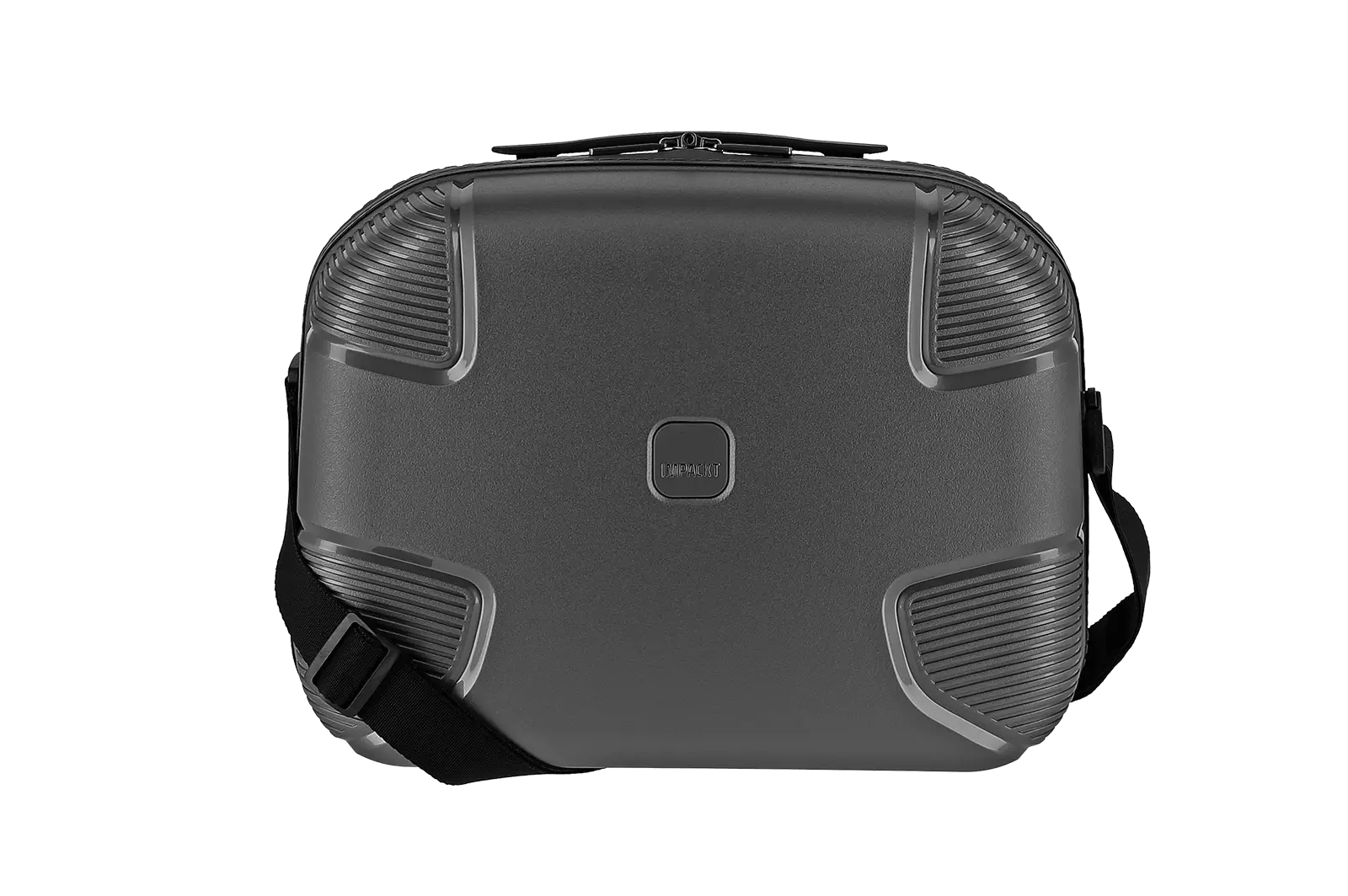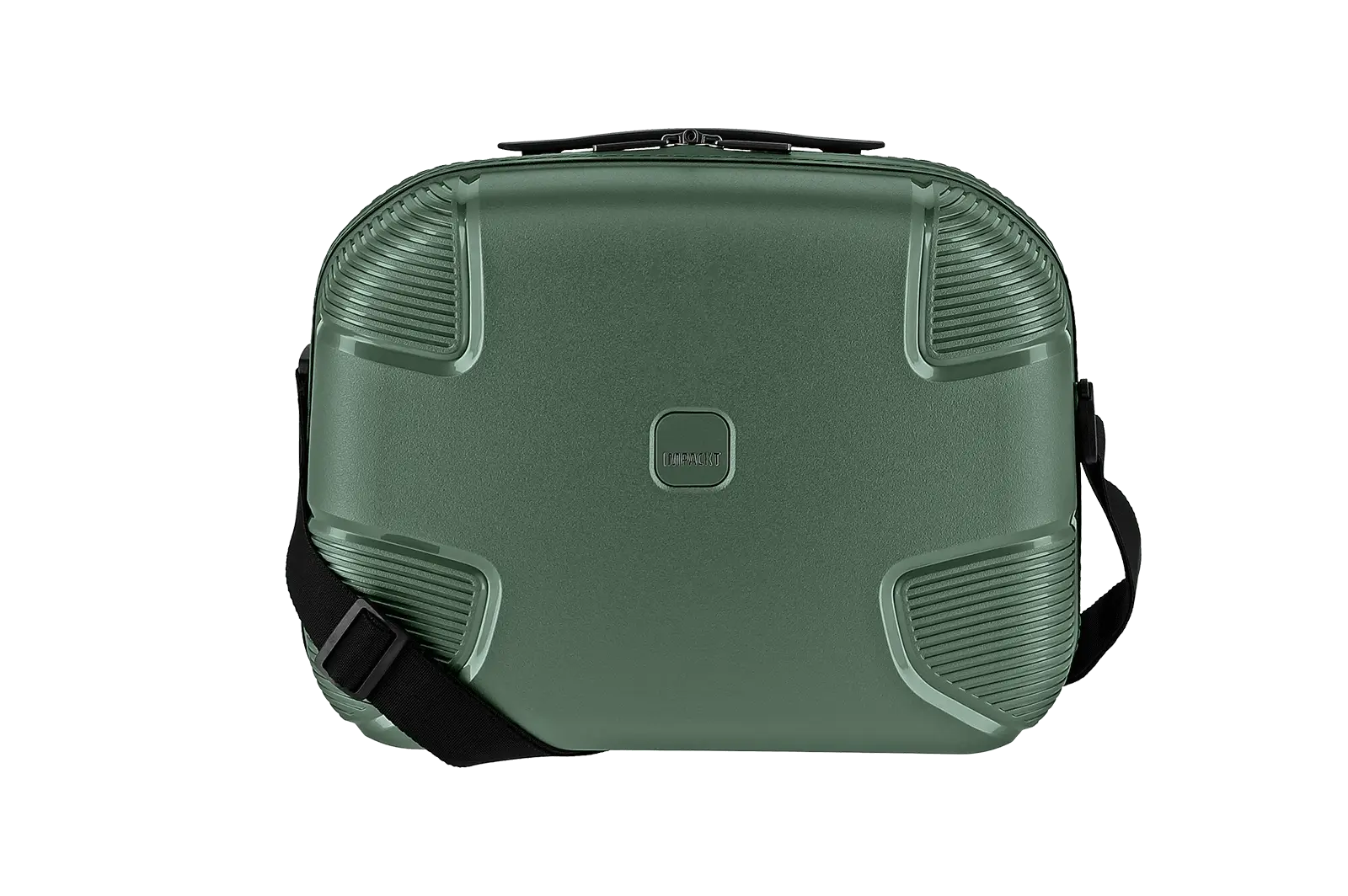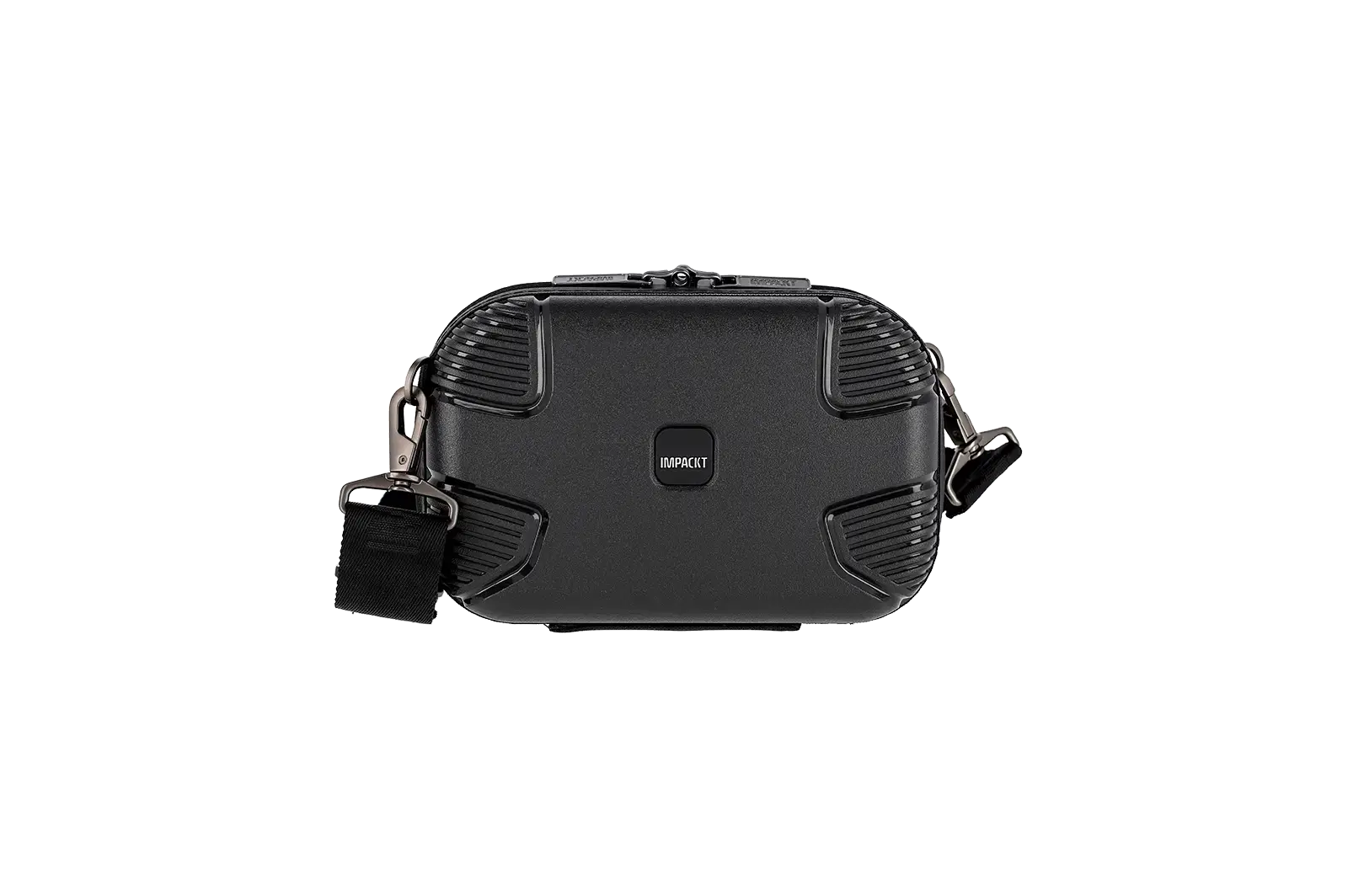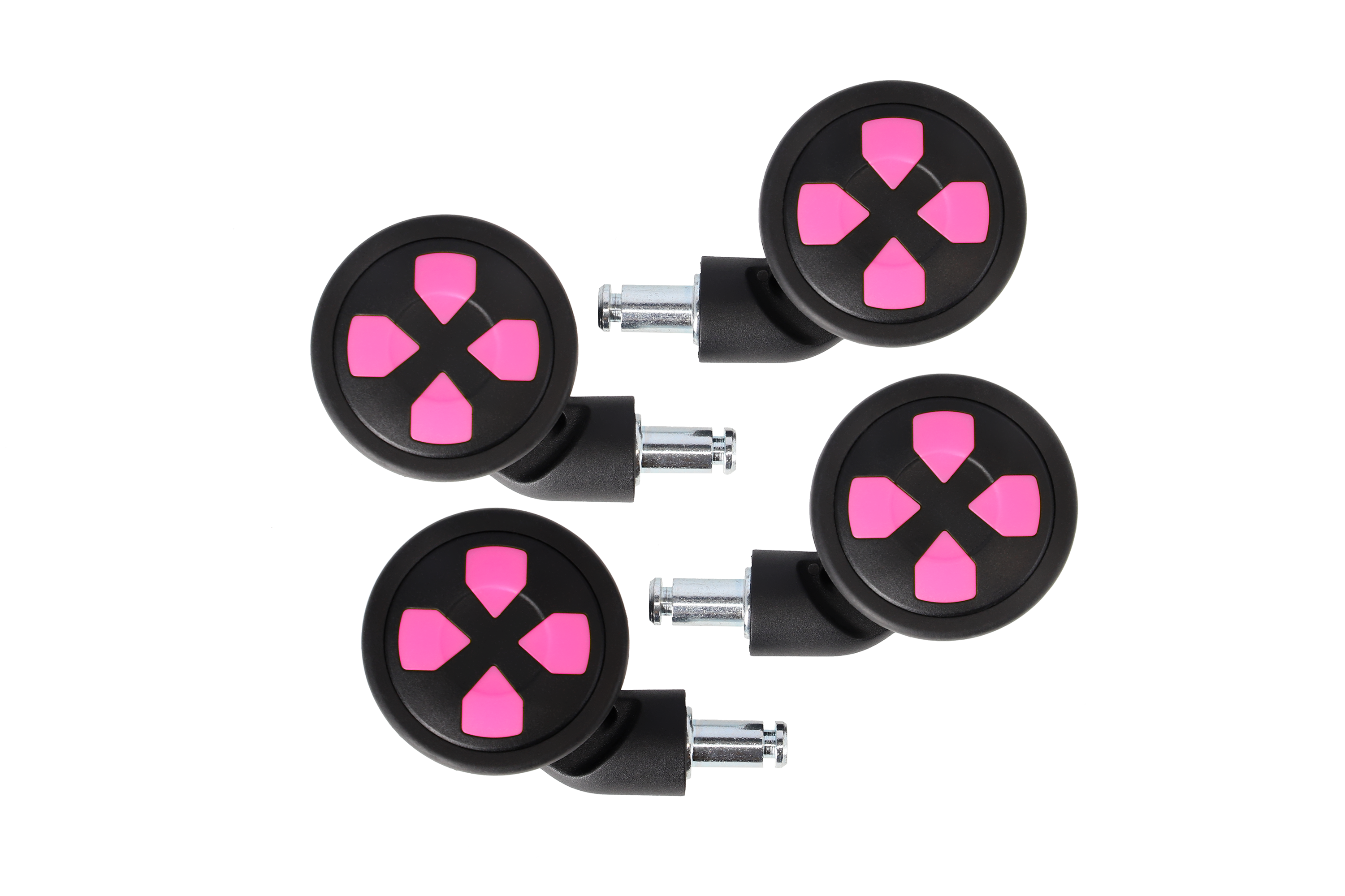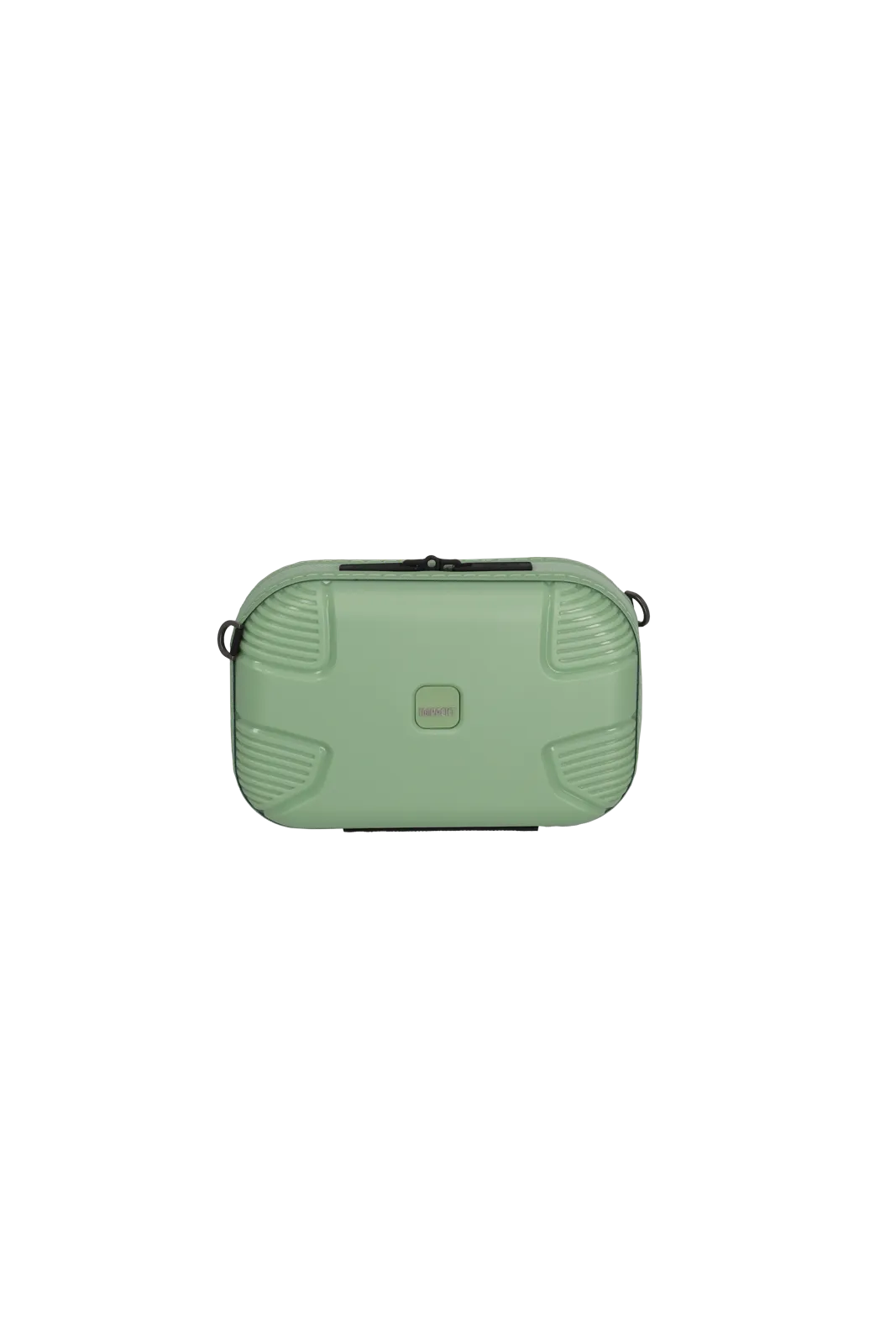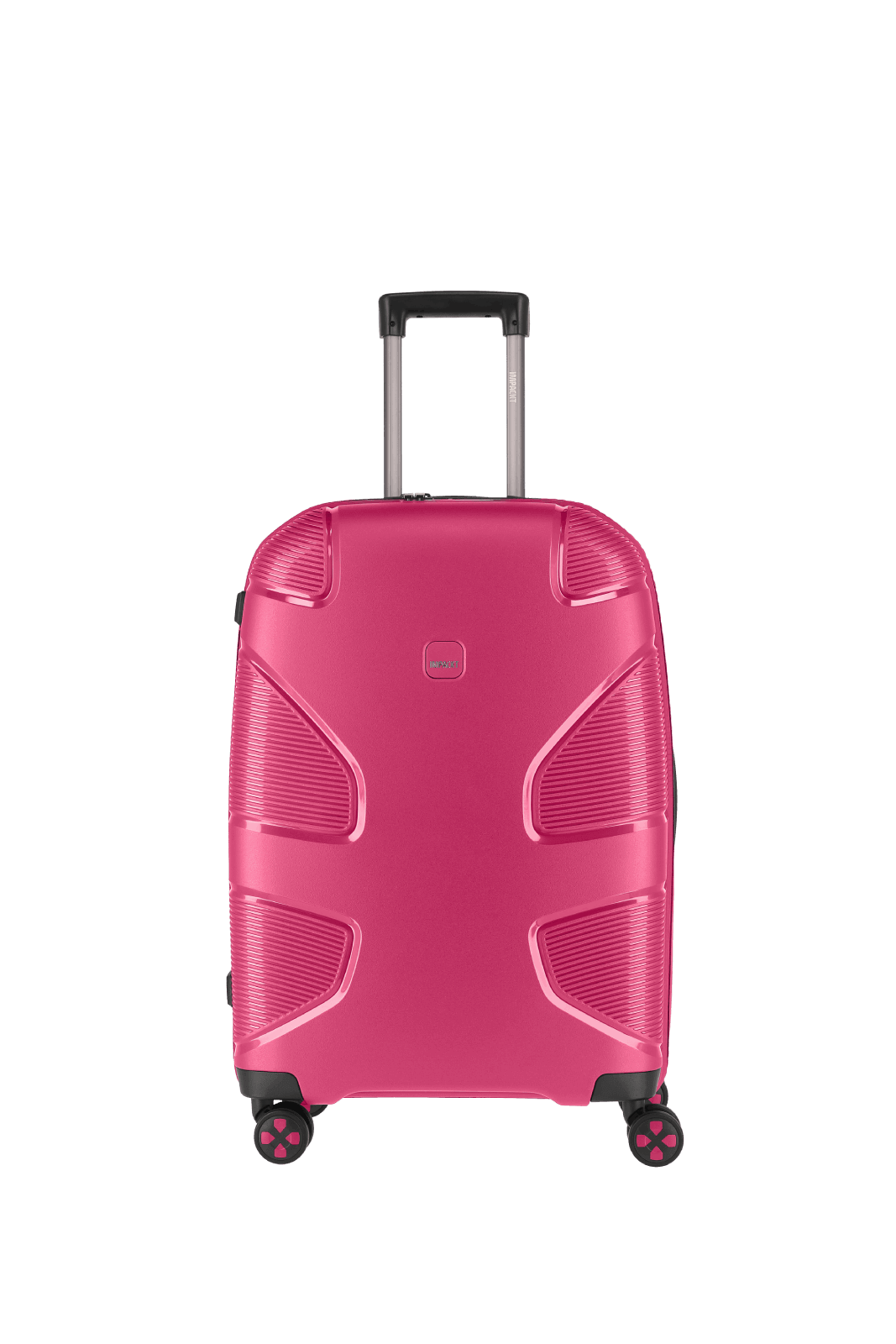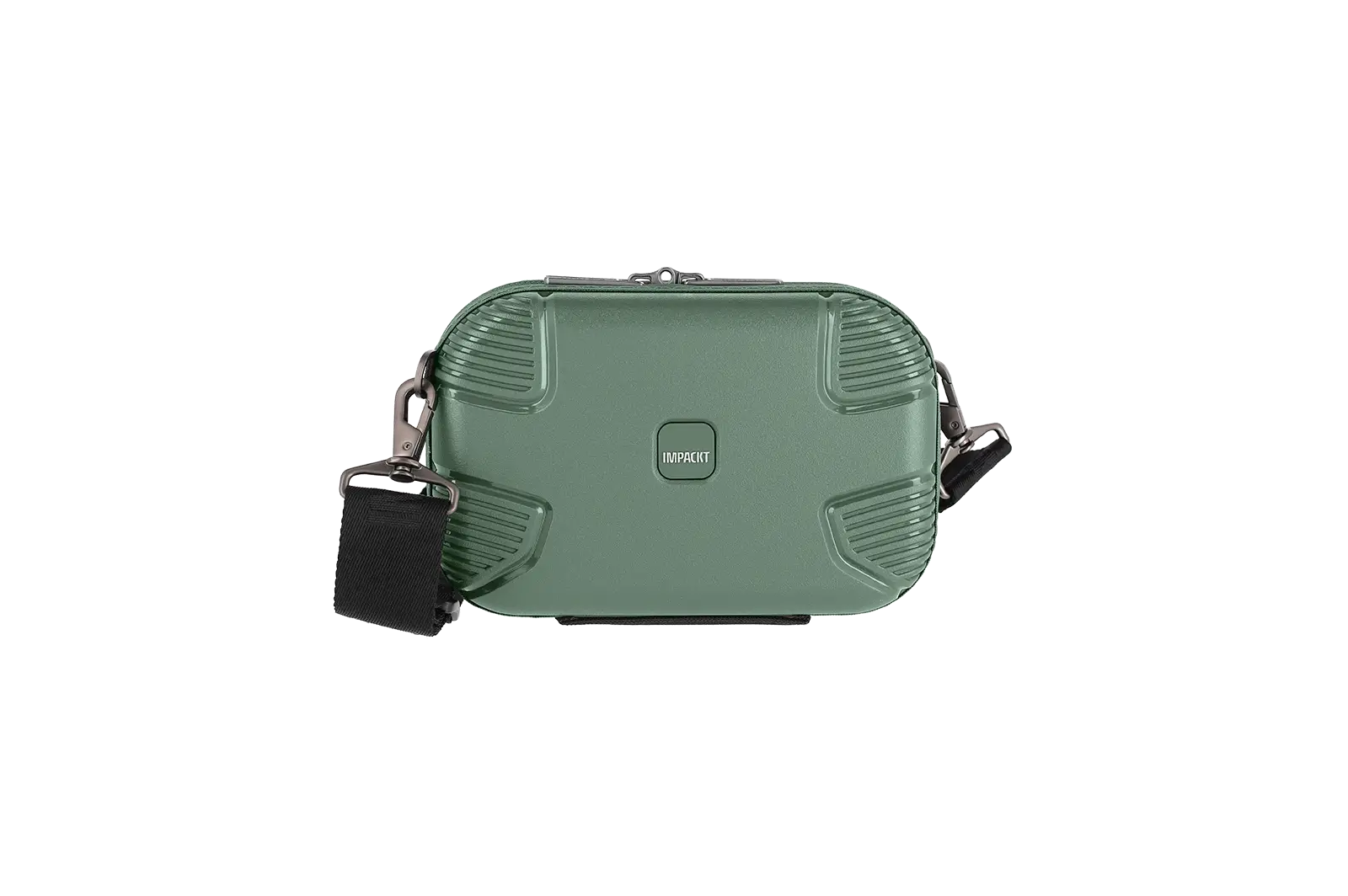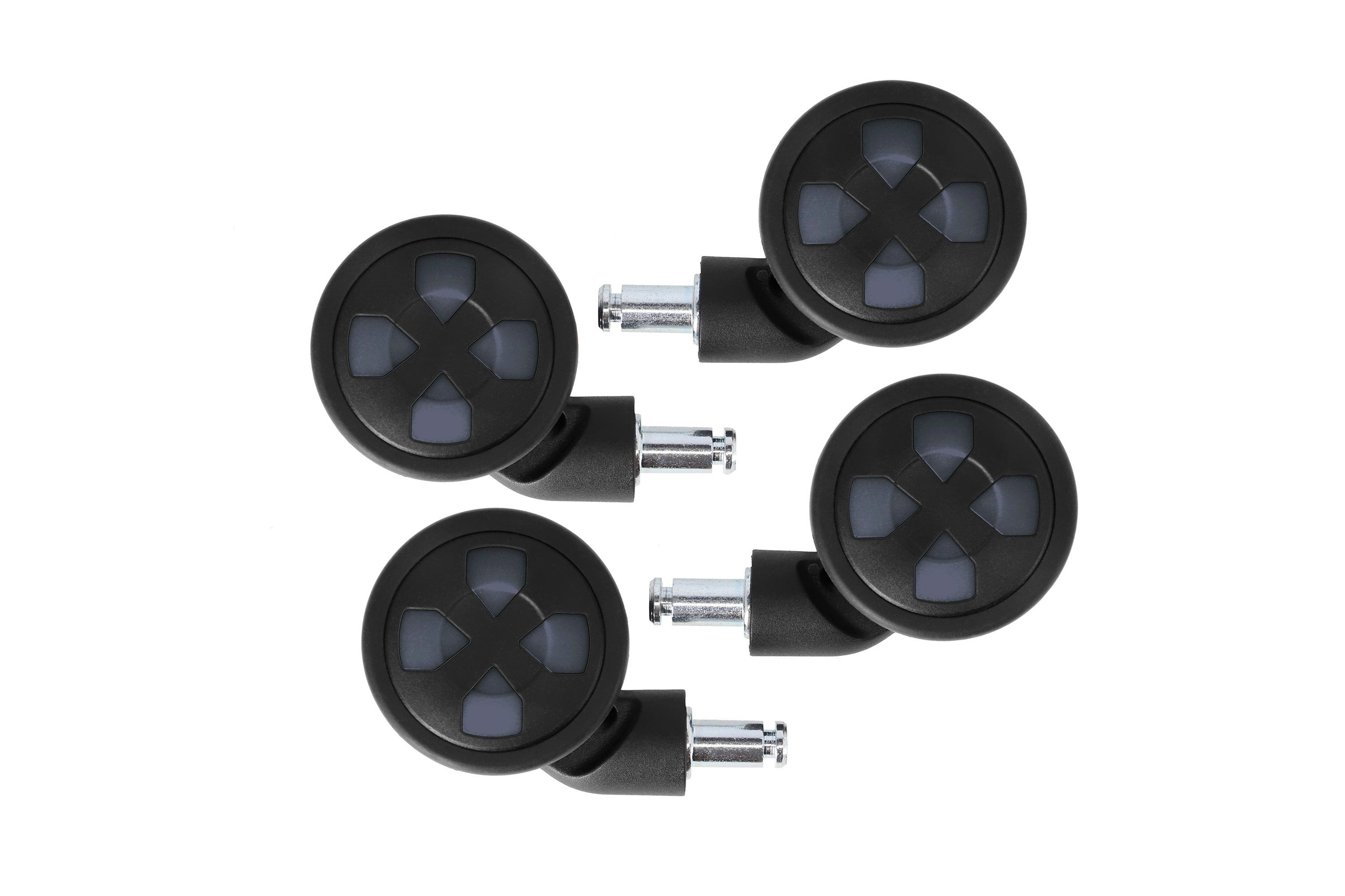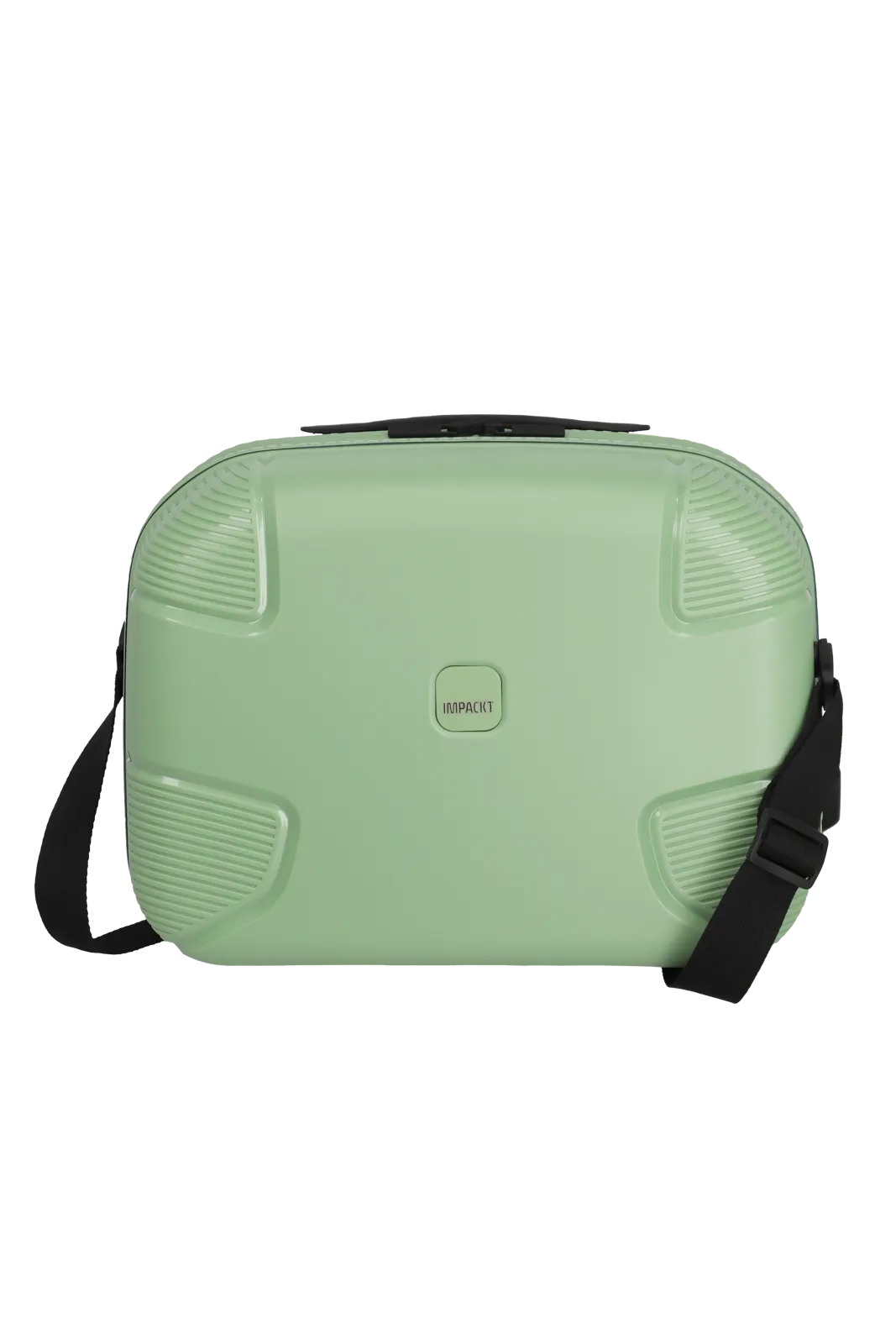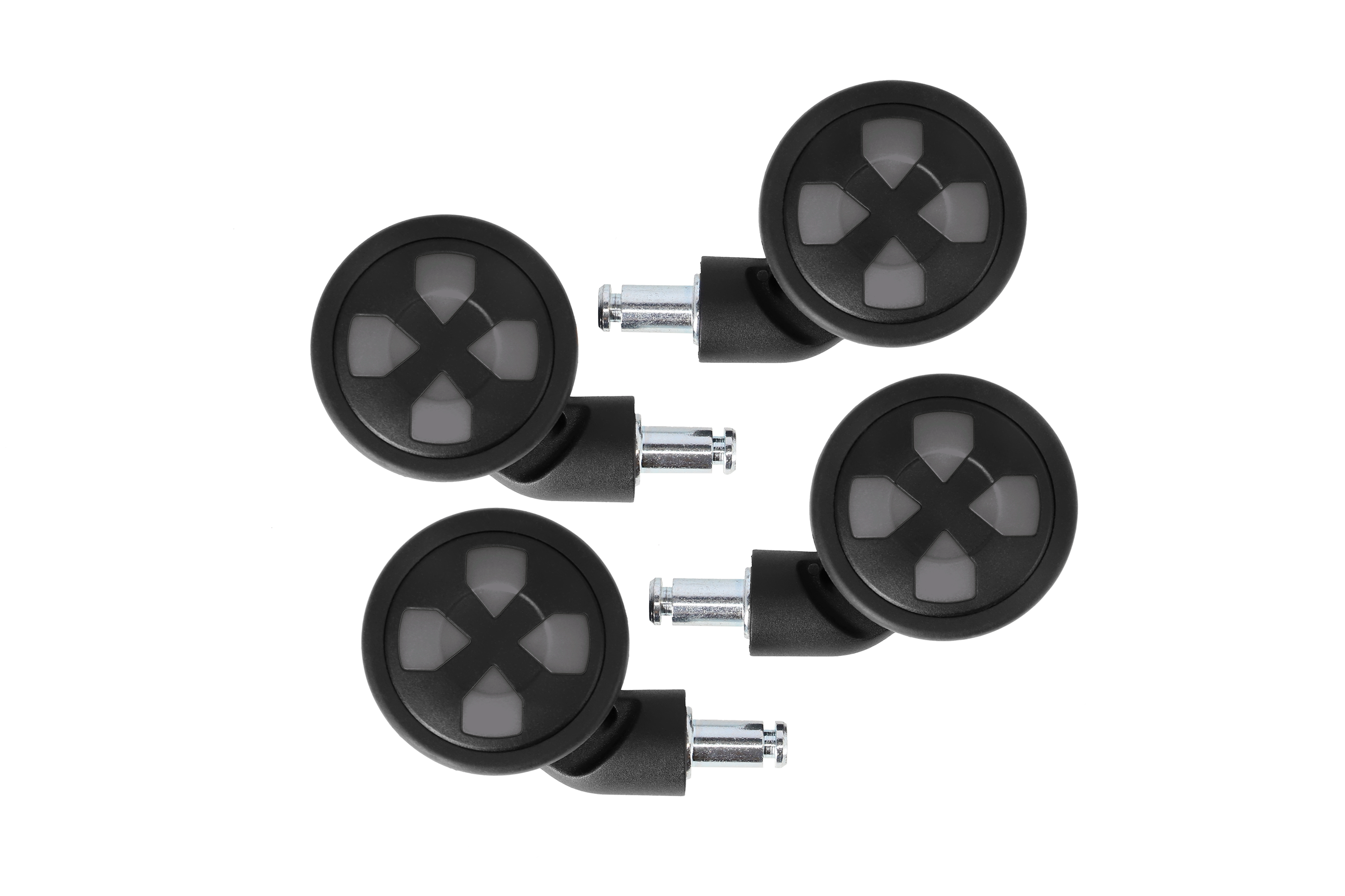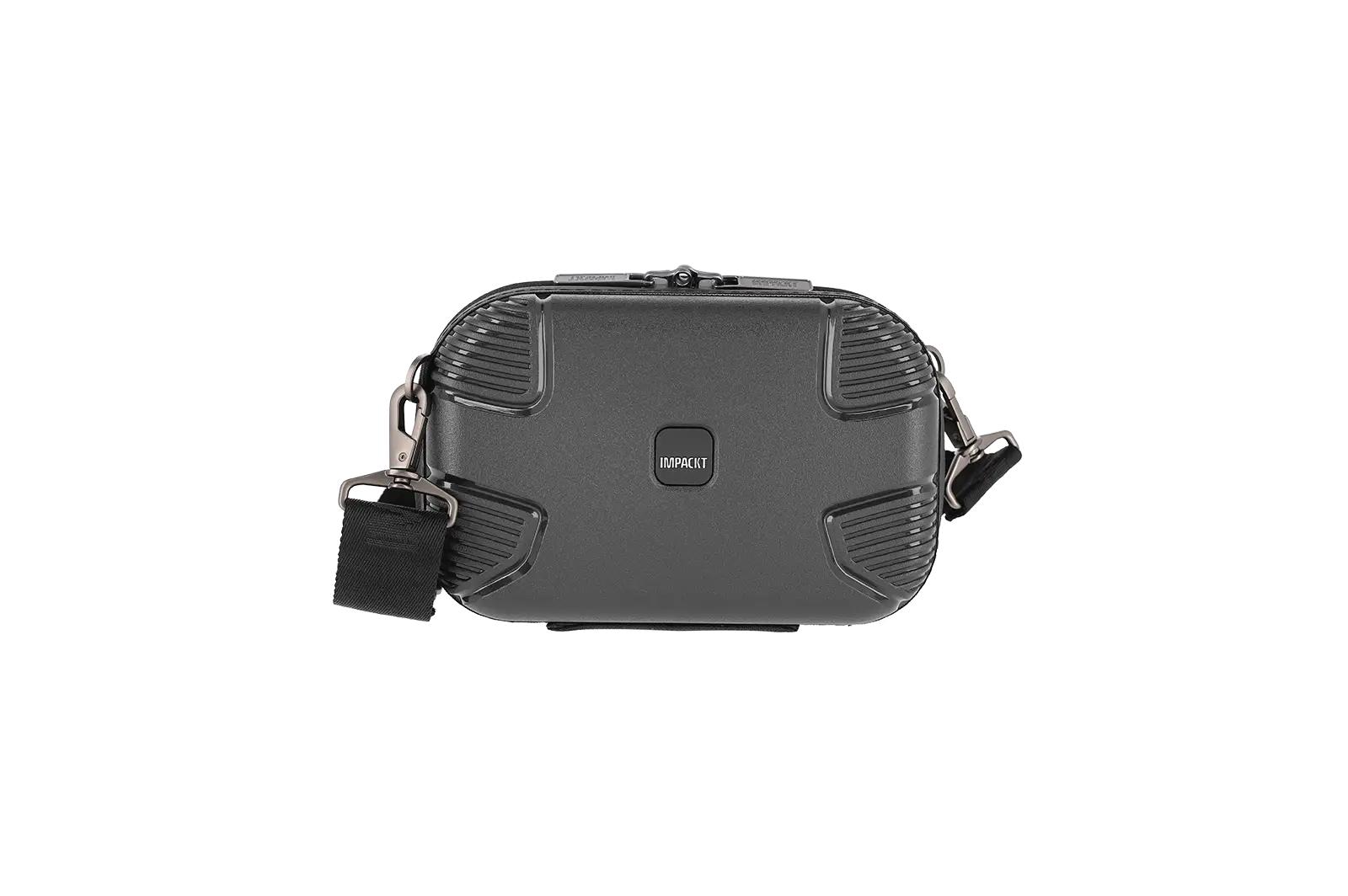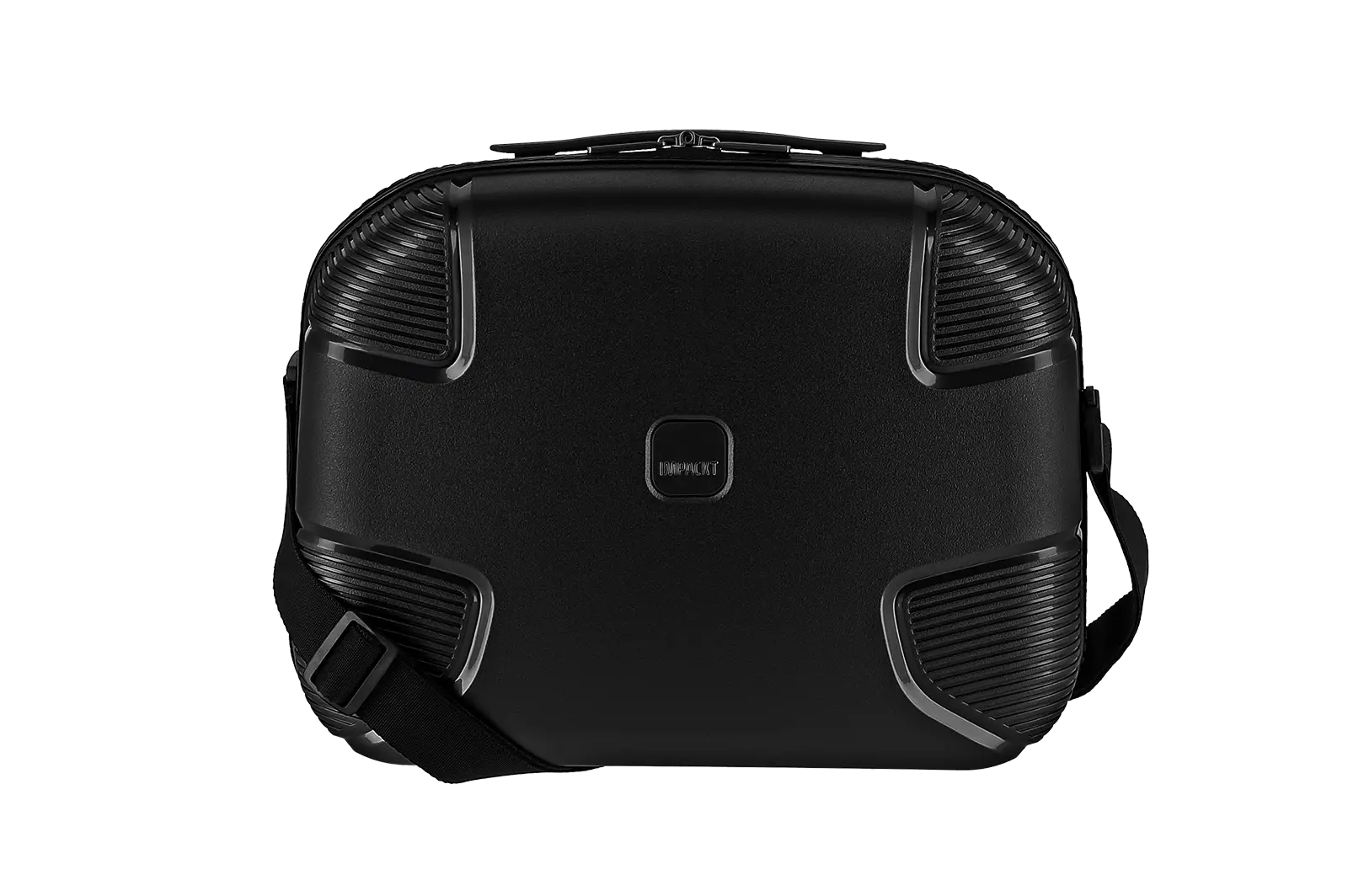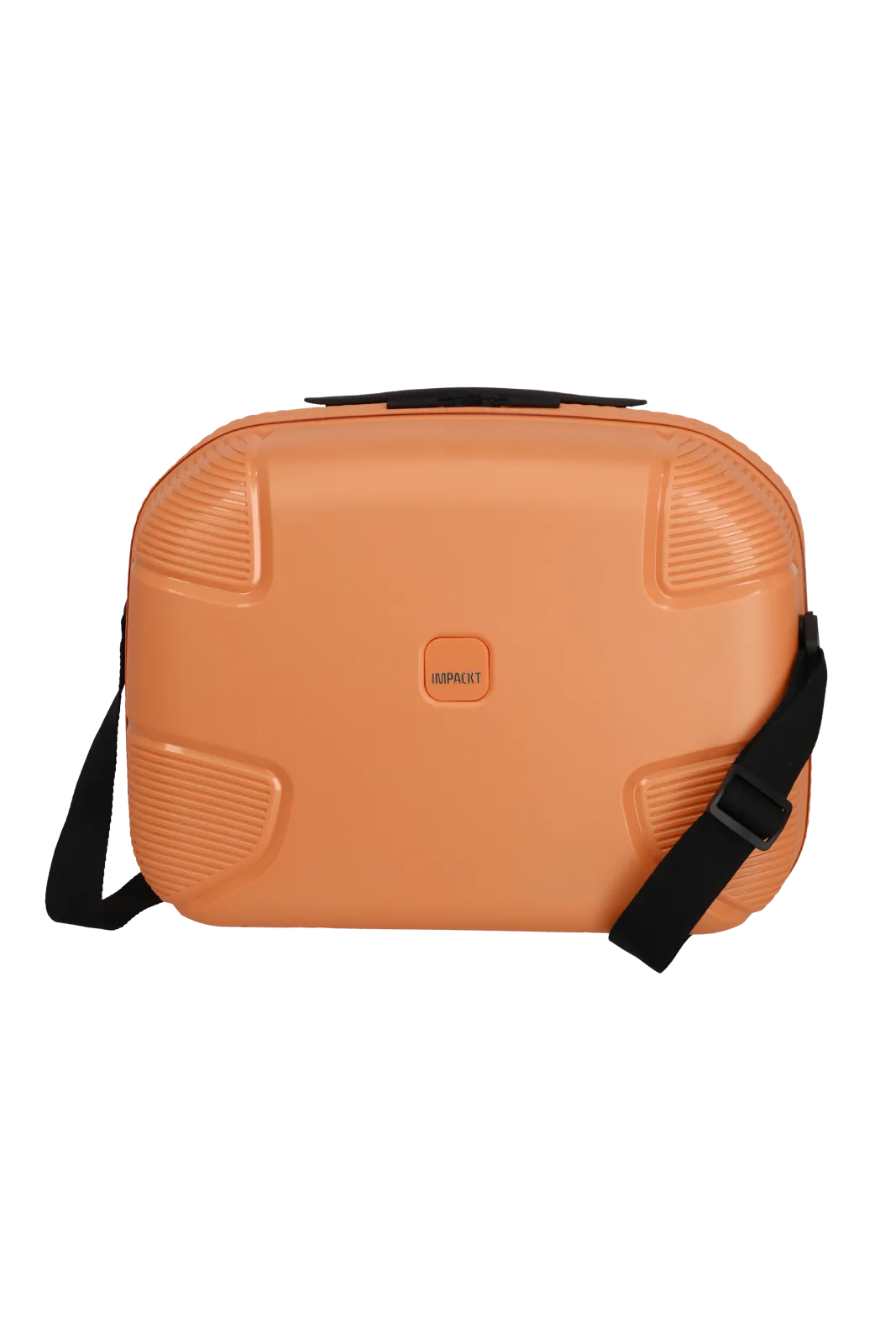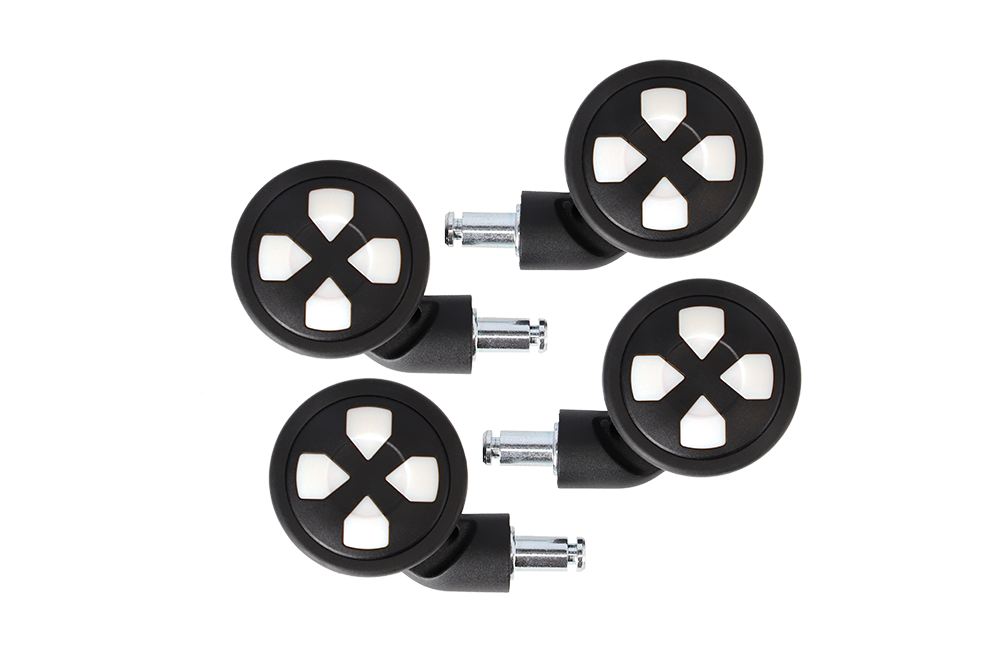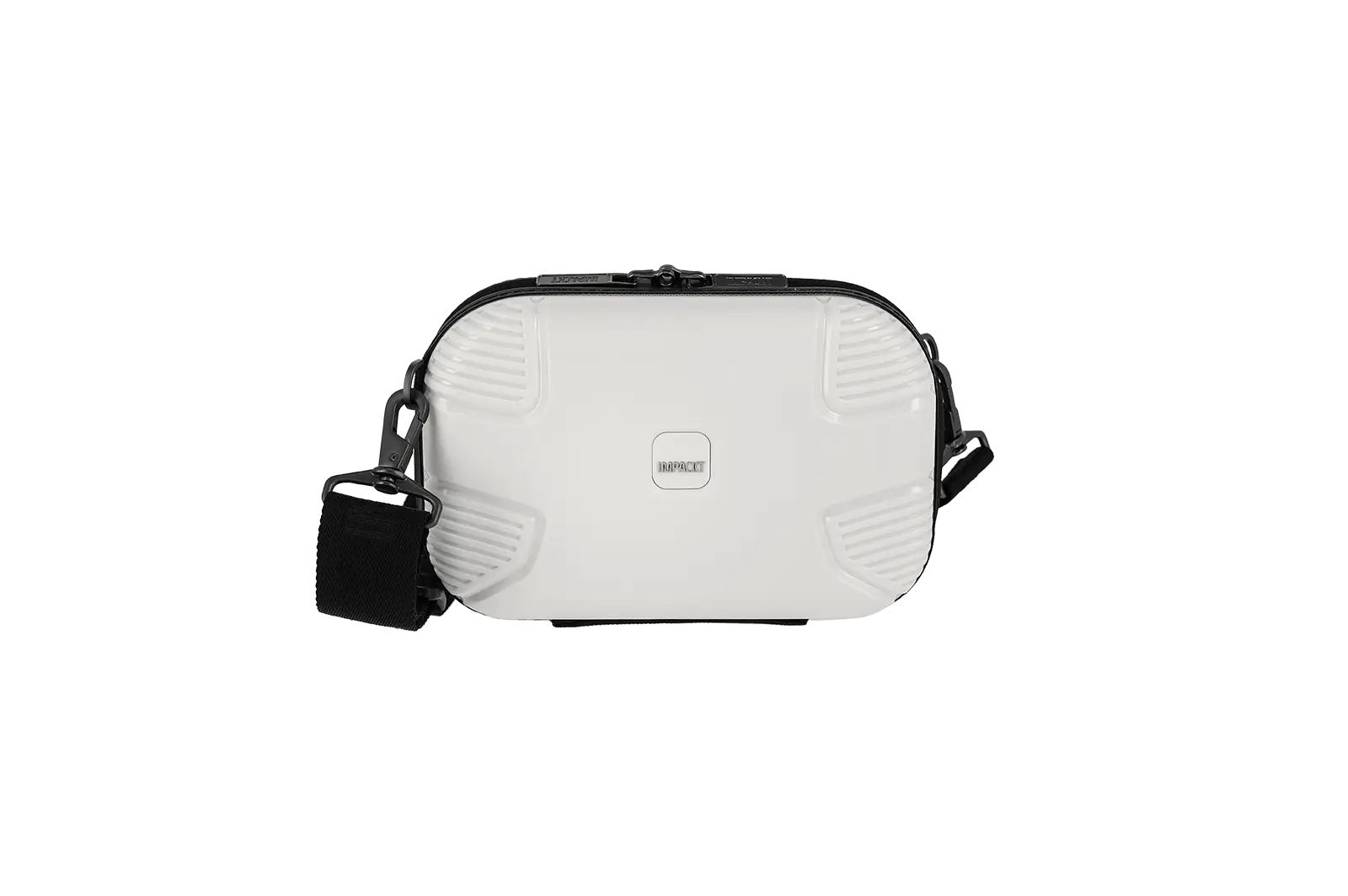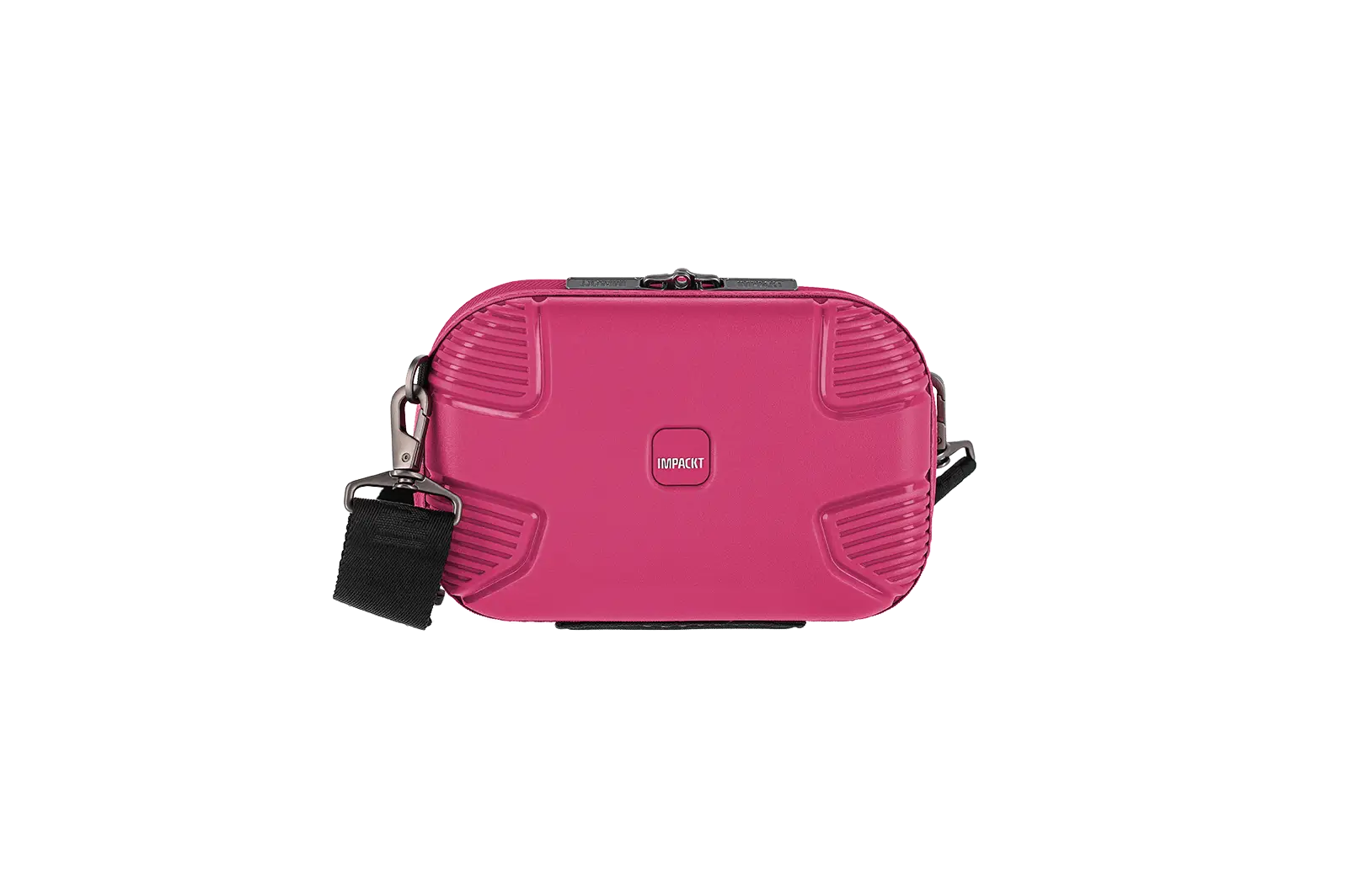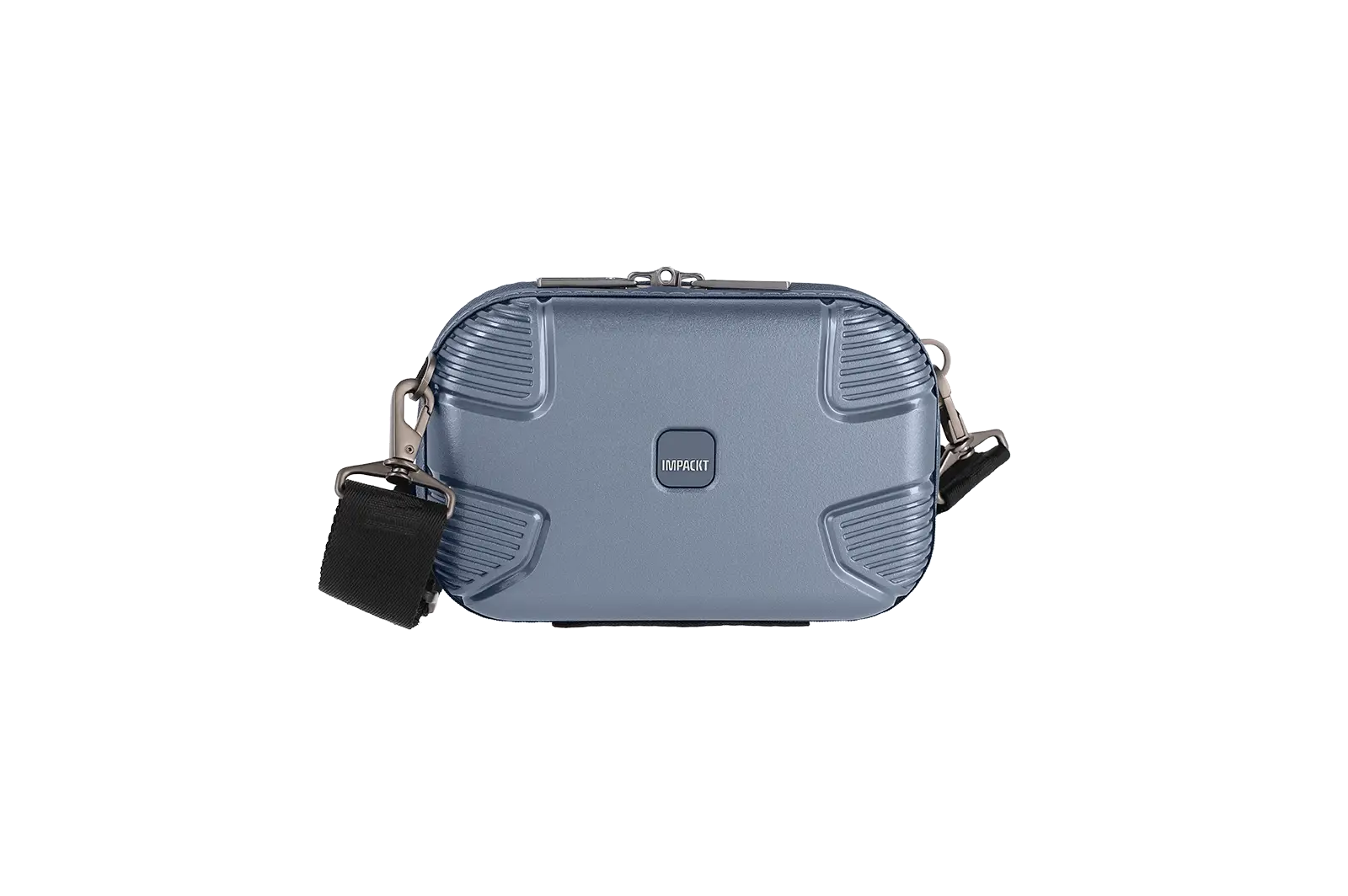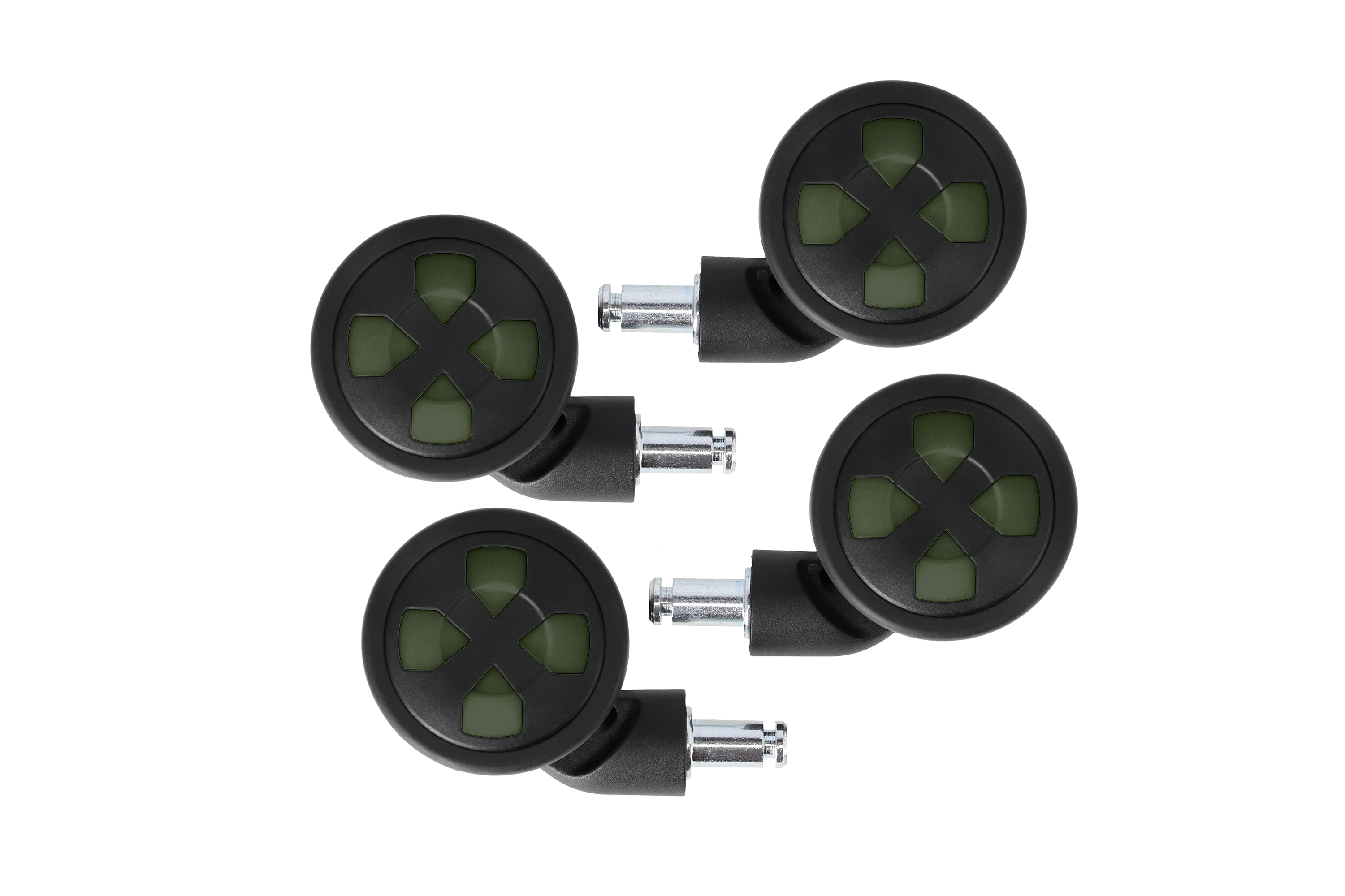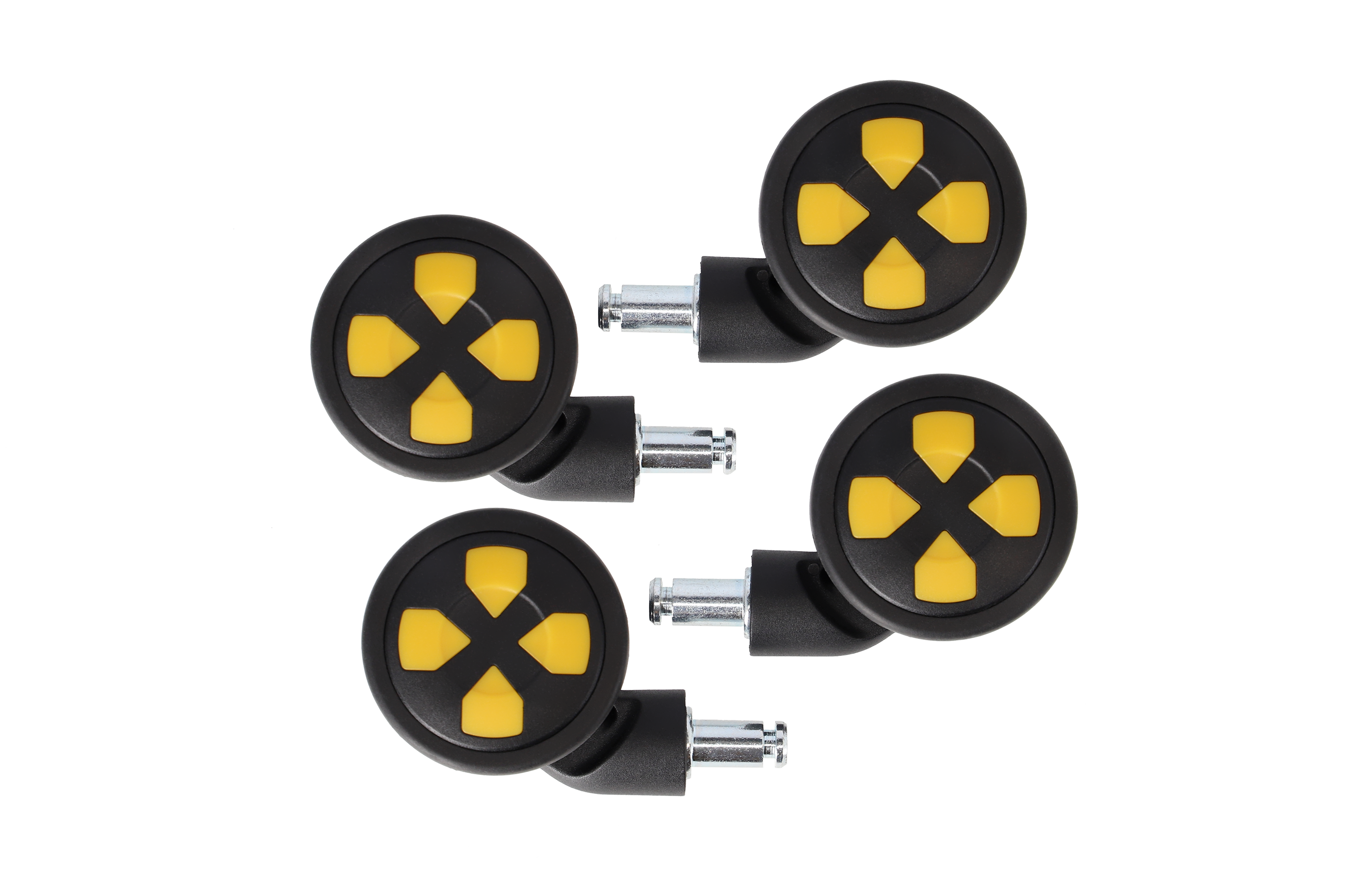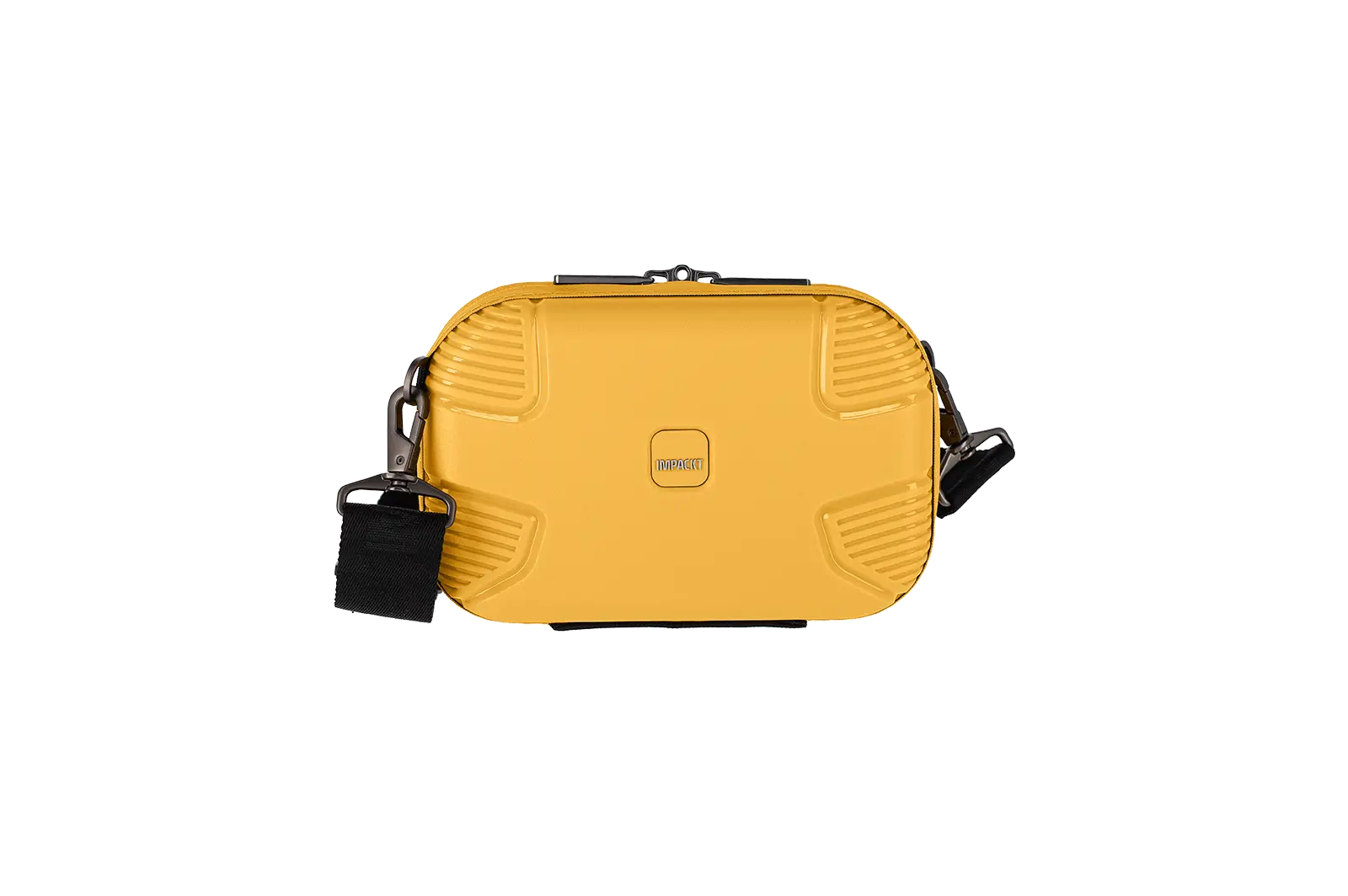We go shopping with a jute bag, there is solid soap in our bathroom, we drink our lemonade with glass straws. Wherever possible, we try to avoid as much waste as possible in our everyday lives. We focus on zero waste. But does that also work once we leave our own four walls and go on holiday? How can we avoid waste when we travel?
We have collected the best tips for you on how you can have the zero waste lifestyle in your luggage without having to forfeit the relaxed, laid-back holiday feeling. Because one thing first: for us, it's never about doing without necessities. It's about rethinking them and finding more sustainable alternatives. Every one of us can have an impact - even with small decisions.
The term already gives it away: Zero Waste is about "zero waste". At least that's how it translates from English into German. The Zero Waste movement was created to maximise the avoidance of waste and to minimise (and in the best case, eliminate) our waste problem. Currently, we produce about two billion tonnes of waste per year. By 2050, this figure is expected to rise to 3.4 billion tonnes - unless we change our behaviour.
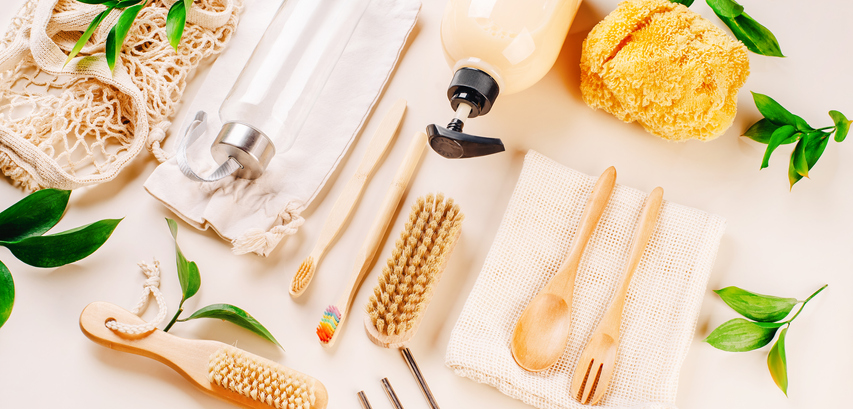
No matter where you travel, a few things are always essential. Toothbrush, shampoo, cutlery - you need them everywhere. So that you don't have to buy them locally and then possibly have them twice and three times, we recommend you pack a zero waste kit.
- A refillable water bottle
- Solid shampoo & soap
- Bamboo toothbrush and toothpaste
- jute bag
- odour-proof laundry bag
- Reusable cans & containers
- travel crockery
- And for all you coffee junkies, remember your thermoses or to-go mugs too
Travel crockery - is it really necessary?
At first glance, this topic seems to concern only outdoor freaks and festival goers. Of course, if you're staying in a hotel, you usually have the restaurant with you. And holiday flats are usually equipped with kitchen utensils. However, it is always advisable to have light reusable crockery - and especially cutlery - with you.
There always comes a time when you explore the area, go on day trips or perhaps even plan a small picnic on the beach or in the mountains. At this point, at the latest, it is helpful to have plates, knives, forks, spoons and cups in your luggage.
There is only one rule when it comes to travel crockery: disposable is a no-go. Everything should be reusable. We also recommend that everything is made of the lightest possible materials. Grandma's fine porcelain cup may look pretty, but it will quickly break in your suitcase or backpack and is also relatively heavy.
A spork - a combination of spoon, fork and knife - is particularly practical. A "3 in 1", so to speak. Anita Vandyke also always has her version with her. You can get it here, for example.
Before you start shopping, you can also ask yourself: Who in my circle of friends could lend me the necessary equipment? After all, sharing things is even more sustainable and saves resources.
Enjoy a plastic-free holiday
While we're on the subject of food - or rather the utensils for it: The way you eat when you travel is also a question of your zero waste lifestyle.
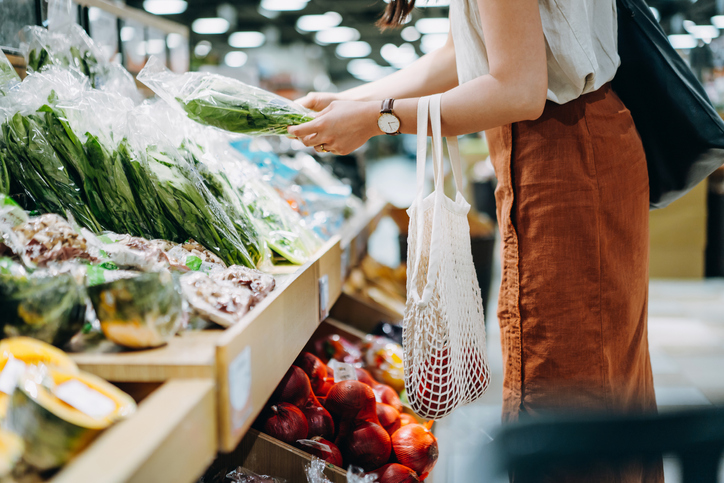
As a self-caterer, it's best to keep an eye on what you pack. From packaging-free shopping to preparation and consumption - you are in control of how much waste is saved.
Packaging-free shopping
On our last trips, we used the app "Zero Waste Home" ourselves. It allows you to find shops and restaurants around the world that work plastic-free. The app was developed by Bea Johnson, the "Mother of Zero Waste". The American has been living without waste since 2008, has already written a bestseller about it and shares her journey and best tips on her Instagram account.
In your Zero Waste Kit you also have a jute bag to go shopping more sustainably. You can transport nuts and co. in your own reusable containers.
The food
Bringing fresh food containers and lunch boxes is generally one of our favourite tips. And not only for packaging-free shopping at the market or in unpacked shops.
On the road
Travelling makes you hungry. Even on the road, your stomach will growl at some point. Snacks that you can quickly buy at the kiosk or market are often packed in plastic. Instead, it's more sustainable to enjoy nuts, vegetable sticks or crackers from your lunchbox. Fruits like bananas, oranges and apples even come in their very own natural freshness box - their peel.
For fresh water, you have your refillable bottle in your zero-waste kit. In some countries, however, you should pay attention to the quality of the water. It is not always advisable to drink from the tap. The remedy: drinking bottles with integrated water filters.
At the destination
When you arrive at your holiday home, the first thing you should do is check your supplies. Many accommodations have salt, pepper and oil ready for frying. If they don't, add them to your shopping list before using the Zero Waste app to find the nearest shop.
Of course, the charm of another country also comes from the local food culture. That's why we always keep a balance between "eating out" and "cooking at home" when we travel. As I said, we are never about absolute renunciation, but always about the measure that gives you a good conscience.
Even though there are already zero-waste restaurants (in Germany, we love going to FREA in Berlin) and many restaurants are paying more and more attention to sustainability, it's not always a given that you'll find them at your destination. Of course, you can check this in advance on the internet. Simply search for your location and then enter "zero waste" in the search field.
At the restaurant
If you don't get any hits, choose a restaurant with a regional, seasonal menu. This way you are also on the sustainable side. In the restaurant itself, you can ask for plastic straws and paper napkins not to be brought to you.
Also, always opt for "to stay" instead of "to go".
And because your zero waste lifestyle also applies to food - i.e. nothing should be thrown away - if your portion is just too big, unpack your reusable boxes. Ask the staff to pack your leftovers.
Personal hygiene
You may have come across words like "solid" or "bamboo" in the Zero Waste kit. The question, "How can you avoid waste?" naturally arises in the bathroom - or "in the cosmetic bag" when travelling.
Solid care products are an environmentally friendly alternative to liquid soaps and shampoos. They are usually plastic-free - sometimes even completely unpackaged. They also have two other advantages when you go on holiday: they cannot leak. And they can go with you in your hand luggage.
The soaps from kaikua even go one step further: all soaps are made from 100% natural ingredients. This means that the entire range is free of plastic and microplastics. From the soap to the packaging. When it comes to dental care, we use toothbrushes made of bamboo and toothpaste tablets. Both avoid plastic and are much more natural.
Why is Zero Waste so important?
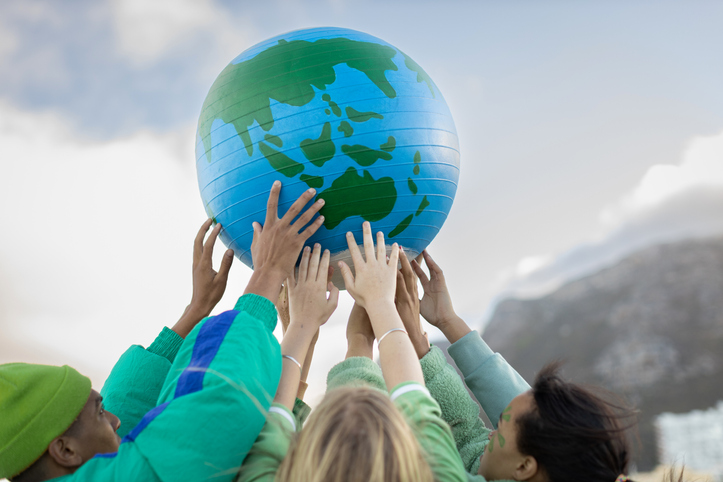
Did you know that in 2022 Earth Overshoot Day was already on 28 July? In other words, the day on which we used up all the natural resources that the Earth can provide within a year. We are exploiting our planet. That is a fact (Source: wwf).
The Zero Waste movement is a way to be more appreciative of our natural resources and to conserve them. The less we throw away, the less we have to produce.
This also has a positive impact on climate change. According to international environmental organisations, 42 percent of global CO2 emissions are caused by food and packaging production. If we reduce packaging and thus automatically focus on avoiding waste, we also reduce our ecological footprint.
More packaging: How to avoid waste?
You now know what the Zero Waste movement is and how packaging-free shopping is possible. We have already introduced you to the six R's. However, one crucial point is somewhat neglected: quality. We are all for buying items that last.
The material of our IP1 collection suitcases is not only designed to last, it is also 46% recycled. So far, this has allowed us to reuse 7,386 kg of plastic.
Plus: our collection is certified and PETA-approved. In 2022, we were even awarded the VEGAN TRAVEL AWARD by PETA in the category best vegan travel suitcase.






